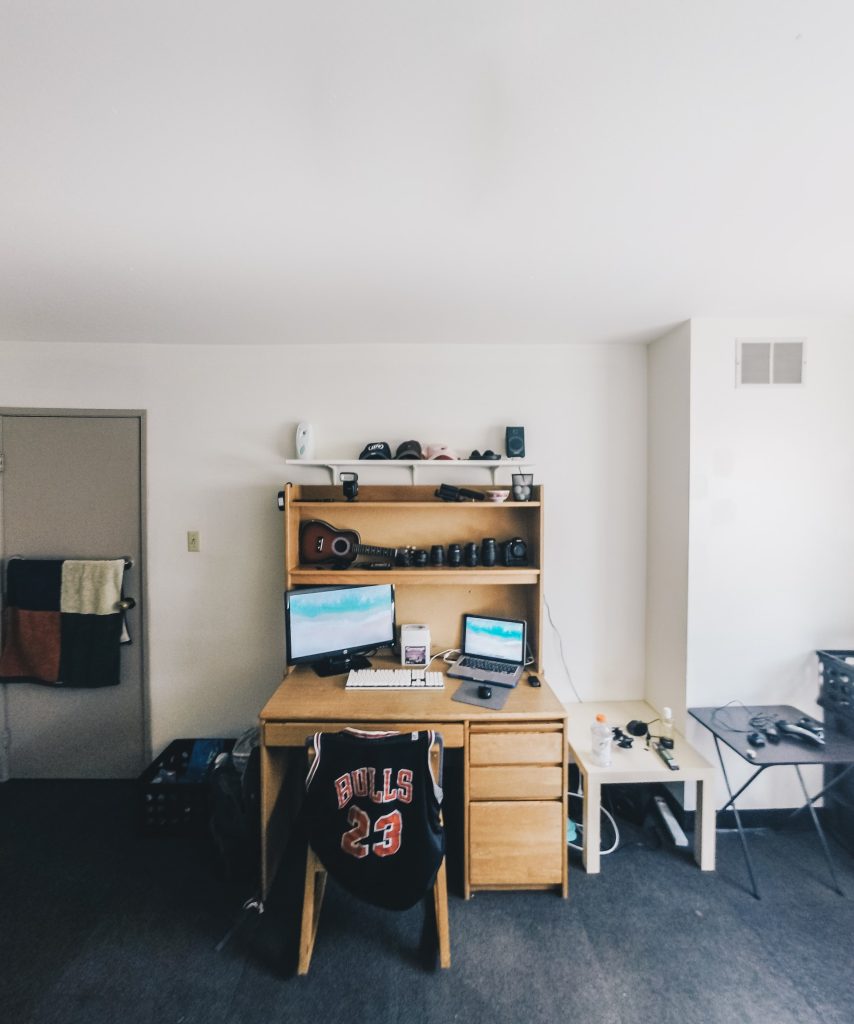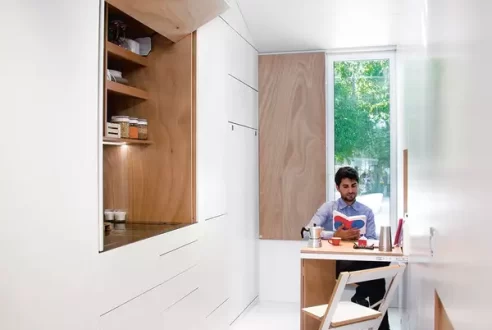Living on campus is fun and teaches you a lot of things. College is one of the most formative years in your adult life, and take it from someone who just graduated from it; there is no place like college. You will make friends for life there because you will go through the same situation that will bond you for life. It is the first time that most of us become independent, and we are left to fend for ourselves.
However, the first thing that most people think of when they think about college is their living arrangement. I lived both on and off-campus. In my first two years of college, I lived on campus, and in the last year of my degree and for my master’s, I lived off-campus. So, I know what I am talking about when I say living on and off-campus has both advantages and disadvantages.
So without further ado, let’s learn more about the pros and cons of living on campus.
The pros:
1. Socializing

If you ask me, everyone should at least live one year on campus because there is no other place like it. Living on and off-campus are totally different experiences. You should at least give it a try; if you don’t like it, you can always move at the end of the first semester. But trust me, you will love it.
Living on campus means you are surrounded by your peers, and you will have a roommate with that you will be able to share this experience. The fraternities, sororities, and dorms are the place where most of the action takes place, and this will be where most parties will be held.
Now we aren’t condoning underage drinking, but when in Rome, right. College is where you are going to meet people with the same interest as you, and living in a dorm will allow you to mingle and see these people almost daily.
2. Proximity to class

If you ever had an 8 am class, then you know the joy of living on campus. Living on campus means that you will go to parties and most likely get blackout drunk. But you also need to go to class. Living on campus means that you can wake up 15 minutes before a class start and still get there on time.
This also means you can sleep in and still roll up to class, and you don’t have to plan on how much time you need to commute to campus because you are already there, and you can just put on your playlist and stroll to class.
Living on campus means that you are physically close to your classes, and for me, this was a motivator to go to classes even if I slept in a little too much. This also means that you alleviate the burden and cost of commuting to and from college. This is a win-win situation if you ask me.
3. Meal plan

If you are living on campus, that means you already paid for a year’s world of food in the dining hall, so you better use this to the max. In a lot of colleges, you will you a meal plan, and we recommend you take it because life as a broke student is not fun, and at least you know that you can eat with this plan.
With these plans, the college with give you a certain amount of currency or points to use on food that you can buy in the on-campus cafeteria and shops. For me, this was especially useful the first 2 years that I lived on campus because I was often broke and had no money to spend on food, but I had points to spend. And spending points I did.
At the end of the year, you can pop into the shops can get things to use up all your points.
The cons:
1. Housing based on classifications

Most campuses divide living accommodation according to age, year, and at times gender. This means that you didn’t really have a choice with whom you share your living area. This is one of the main reasons why I decide to live off-campus during my last year of college and for my master’s.
As a queer and non-binary person of color, this was a bit tricky for me, especially when it came to the housing situation. I’m very grateful that I got to share my space with another queer person of color who ultimately became my partner. So, if this is a real issue for you, then you might want to look into living off-campus.
2. Cost

Most people think that living on campus is cheaper, but this is the contrary. Living on campus can be more costly than living off-campus. This is because by living on campus, you have to pay a lot of extra costs to enjoy the amenities that the campus has to offer.
Living on campus also means that you are paying for overhead costs for running the school. On top of that, most of the time, you don’t have a say on who your roommate will be, and this can be quite a hassle if you don’t get along or have opposing views.
If you like peace and quiet to study and concentrate, then your dorm room might not be the right place for that, and you might want to go to the library where you won’t be bothered by noises. If you are unbothered like me by noise, then this shouldn’t be a big hurdle for living on campus.
3. Concentration

Living on campus means that you will be sharing your place with other 20 somethings that love to party and have fun. This can cause a ruckus and disturb your concentration. However, this wasn’t really an issue for me, I grew up in the Bronx, and I thrive on noise. For me, the noise was never really an issue, but I get how that could be annoying.
Sound off in the comments section below and tell us if you want to read part two of this blog series, where we’ll talk about the pros and cons of living off-campus.




Pingback: Living Off-Campus: The Pros And Cons(Part 2) - Top Real Estate
Pingback: Why You Should Invest In Reunion's Real Estate Industry In 2022 - Top Real Estate
Pingback: 4 Reasons To Invest In Taiwan - Top Real Estate